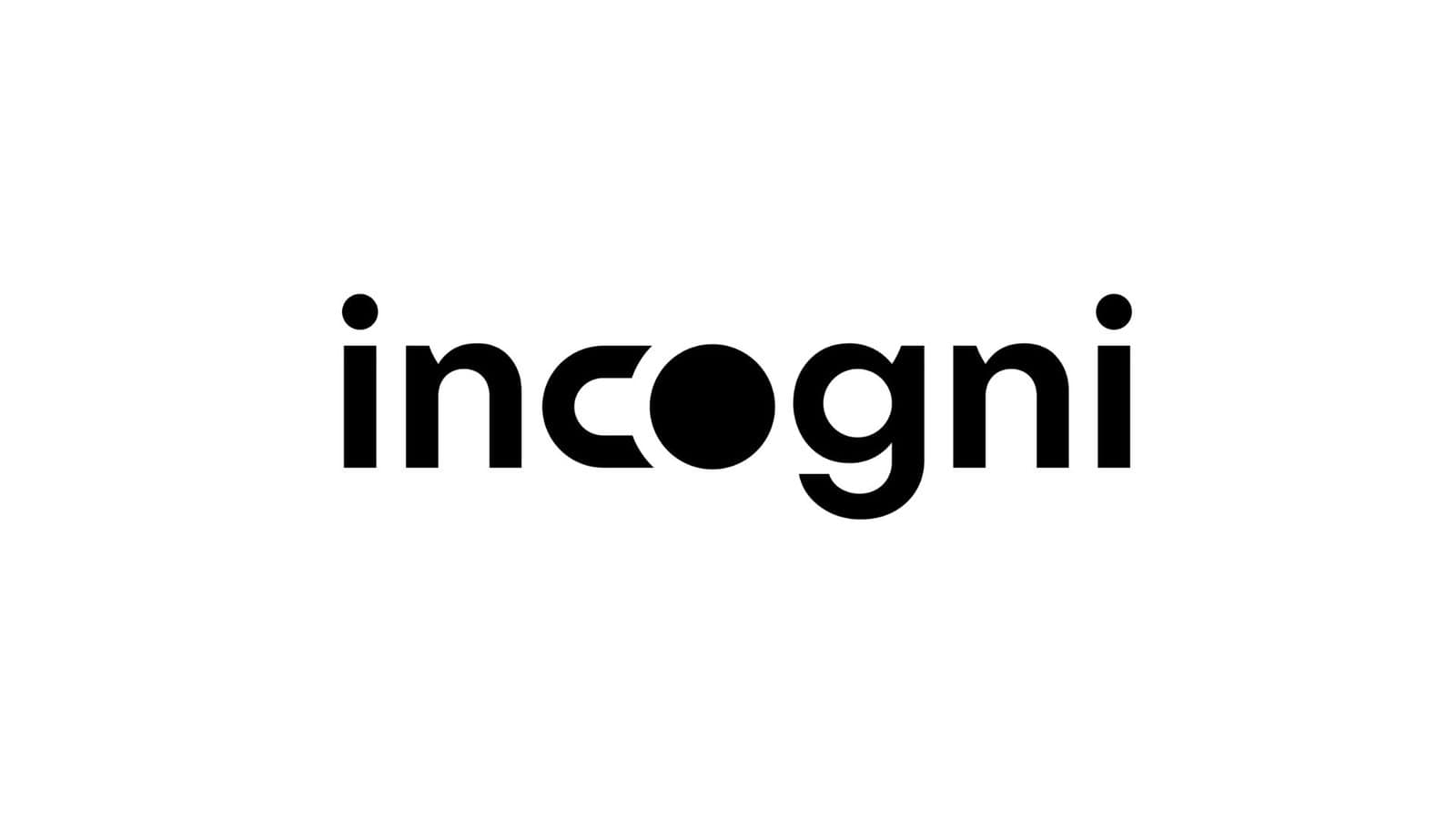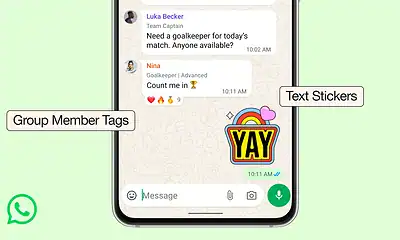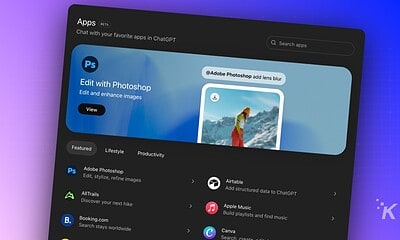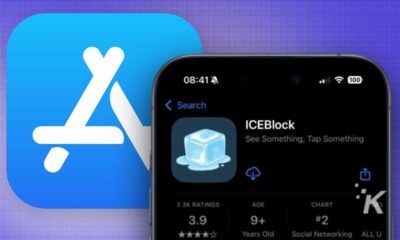Apps
Incogni vs. Optery: Which data removal service fits you best?
Incogni and Optery are revolutionizing personal data protection, but which one is for you?
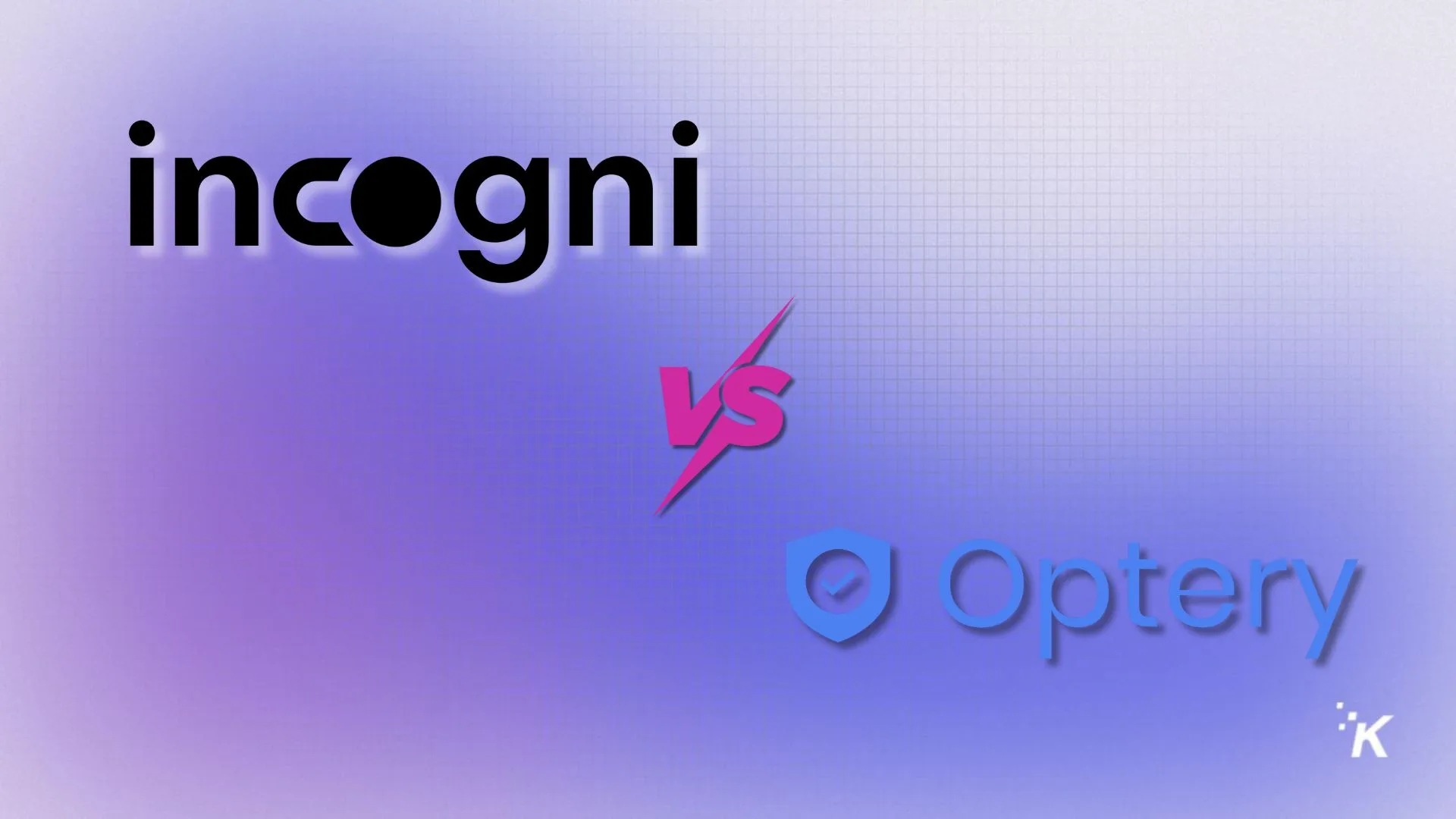
Just a heads up, if you buy something through our links, we may get a small share of the sale. It’s one of the ways we keep the lights on here. Click here for more.
There’s no point denying that nothing is private anymore, especially online. Your personal information is being collected, stored, and traded, usually without your knowledge or direct consent.
Data brokers gather pieces of your identity from public records, online forms, social data, and more. Once it’s in their hands, it flows through marketing pipelines, risk assessments, and profiling systems.
Services like Incogni and Optery were created to address this issue. They send deletion requests to brokers on your behalf and work to keep watch so that your data stays private.
However, each provider takes a different approach regarding automation, coverage, visibility, complexity, and ease of use.
In this comparison, we dig into how they compare so that you can choose the one that best fits your needs.
At a glance: Incogni vs. Optery
| Feature | Incogni | Optery |
| Price | From $7.99 | From $3.99 (there’s also a free self-service option) |
| Automation Level | Fully automated, recurring removal cycles | Hybrid: automated + manual control |
| Broker Coverage | 420+ public & private brokers | Varies heavily by plan; up to 645+ |
| Transparency & Visibility | Dashboard with tracking, logs, less public-facing proof per request | Generates links, screenshots, more detailed removal evidence |
| Verification / Audit | Independent limited assurance by Deloitte | None |
| Support | Email, live chat for subscribers, phone support on Unlimited & Family Unlimited | Email, live chat, help center |
| Best Use Case | “Set-it-and-forget-it” with deeper broker reach | Users who prefer visibility, more control, and granular reporting |
How each service operates
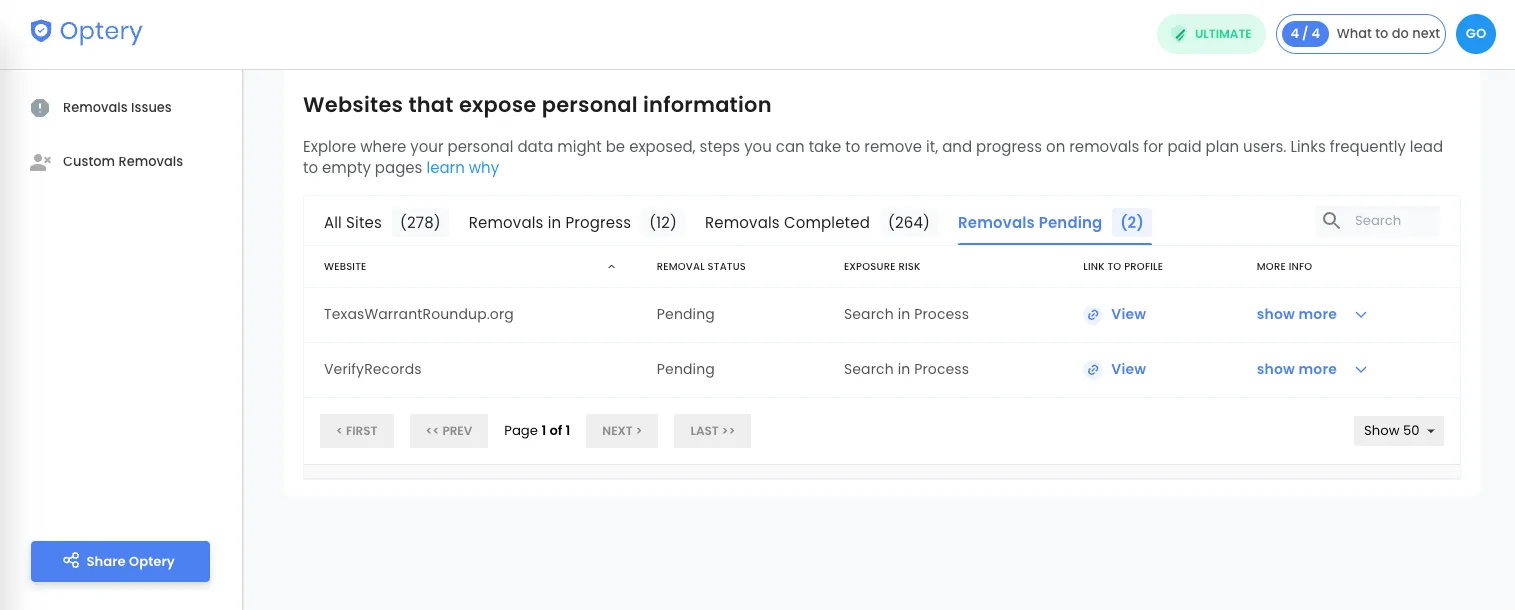
Incogni is designed to limit the assistance needed from you to operate.
When you sign up and verify your identity, it sends deletion requests automatically, then tracks responses, and even resubmits requests on a schedule (every 60 or 90 days, depending on broker type) to make sure your data doesn’t start circulating again.
Its goal is continuous suppression across both public and private brokers.
Optery offers a mixture of automation and manual control.
Depending on the plan you choose, it may take care of sending opt-out requests for you, but it also gives you a glimpse of discovered profiles (with links or screenshots) and allows you to intervene manually.
This hybrid model is preferred by users who want more insight into what is being removed.
Coverage and broker reach
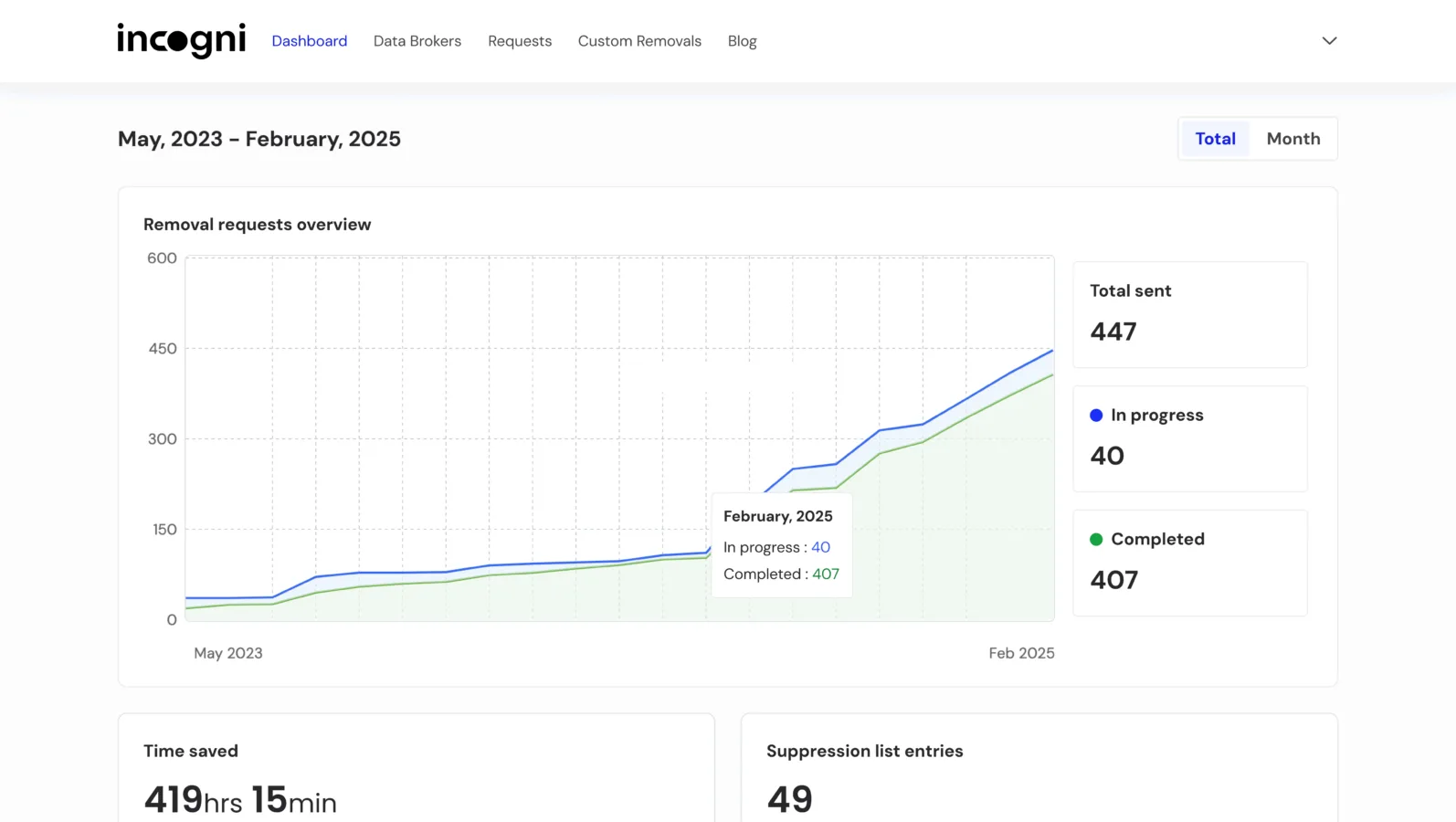
Coverage is a key battleground.
Incogni was assured by Deloitte to actually manage removals from the claimed 420+ brokers, including both public people-search and private data sources like marketing, recruitment, and risk databases.
Its major advantage is surely the deeper reach into private brokers, as many of them don’t show up in public search results, while they are responsible for a considerable share of data trading.
Optery advertises an even higher potential broker count.
With its “Expanded Reach” mode, it claims to cover 645+ brokers. However, actual coverage depends heavily on how much you pay: some public sites are gated behind higher tiers.
The difference: Incogni emphasizes depth and consistency (especially private brokers), while Optery emphasizes breadth and transparency in public broker exposure.
Transparency and reporting
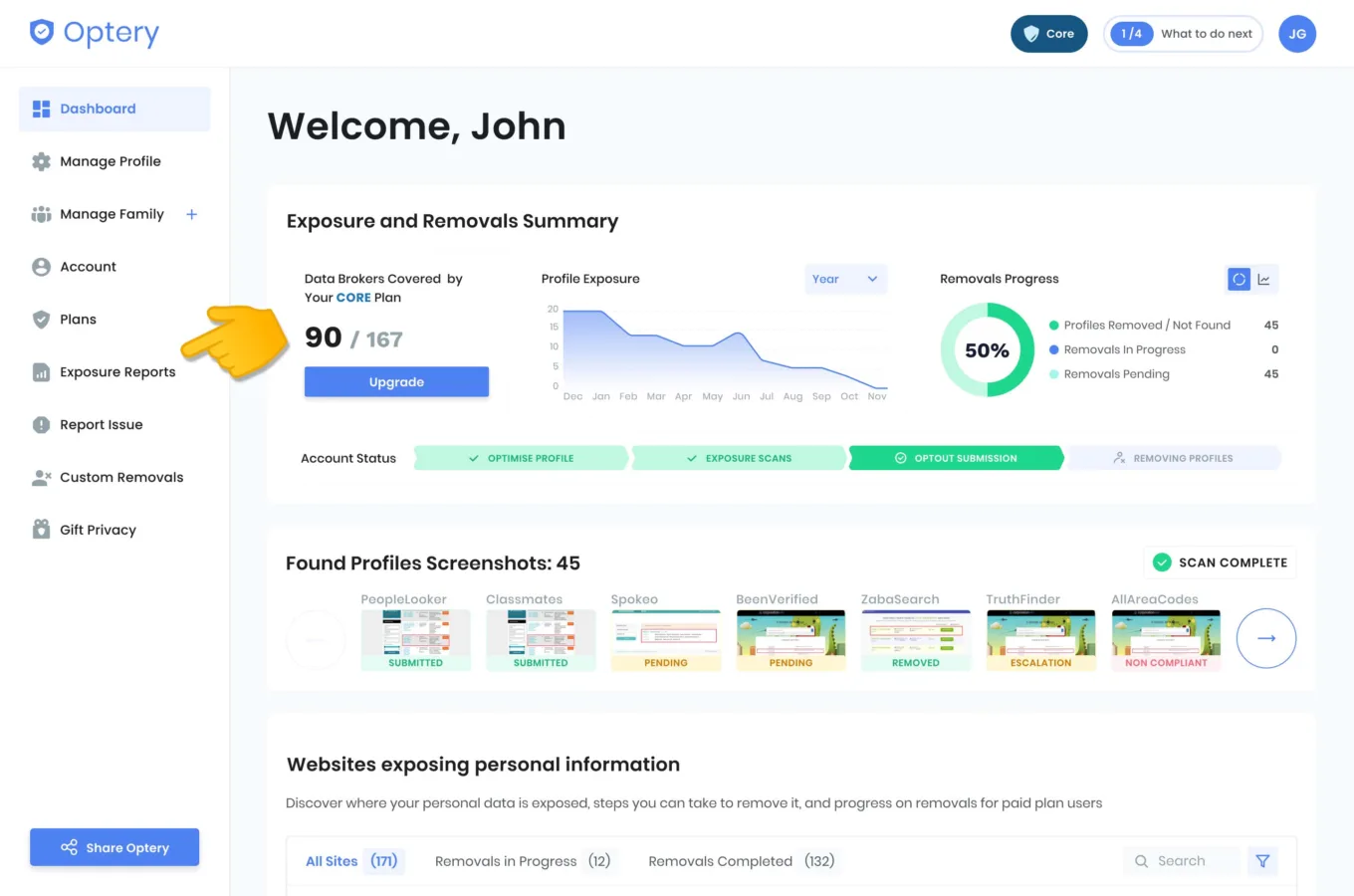
One of Optery’s biggest strengths is deep visibility. It offers users screenshots and direct links to the profiles it finds, which allows you to see what’s being removed.
This level of proof can be satisfying if you always need to know what’s going on.
Incogni’s transparency is strong too, but different: you have dashboards with request status, logs, confirmations, and tracking of recurring removals.
It doesn’t always offer proof, but it’s simply because many private brokers can’t share that.
Where Incogni shines is in its third-party verification – a Deloitte limited assurance review checked that its processes work as claimed. That kind of independent accountability is rare in privacy tools.
If you want proof for each removal, Optery has an edge. But if you look for a trusted, verified system doing the work quietly, Incogni is the way to go.
Pricing and plans
As usual, pricing depends on tier, features, and region, but here’s a general comparison:
- Incogni advertises a base price (annualized) of $7.99/month and more expensive plans with expanded features like unlimited custom removals and multi-user/family options.
- Optery offers a free tier for scanning, then paid ones starting at $3.99/month that unlock more broker coverage and removal features. Its “Expanded Reach” option boosts impressive broker coverage (to 645+) for more expensive plans.
In real-world usage, Incogni’s pricing tends to be more predictable and less fragmented: the essential protections are included by default with the cheapest plan. In contrast, Optery’s base plans often leave out advanced capabilities until you upgrade.
The balance: Optery offers flexibility and a low barrier to entry (free scan), but jumps in cost for full power. Incogni offers consistency, fewer surprises, and wider coverage.
Usability and support
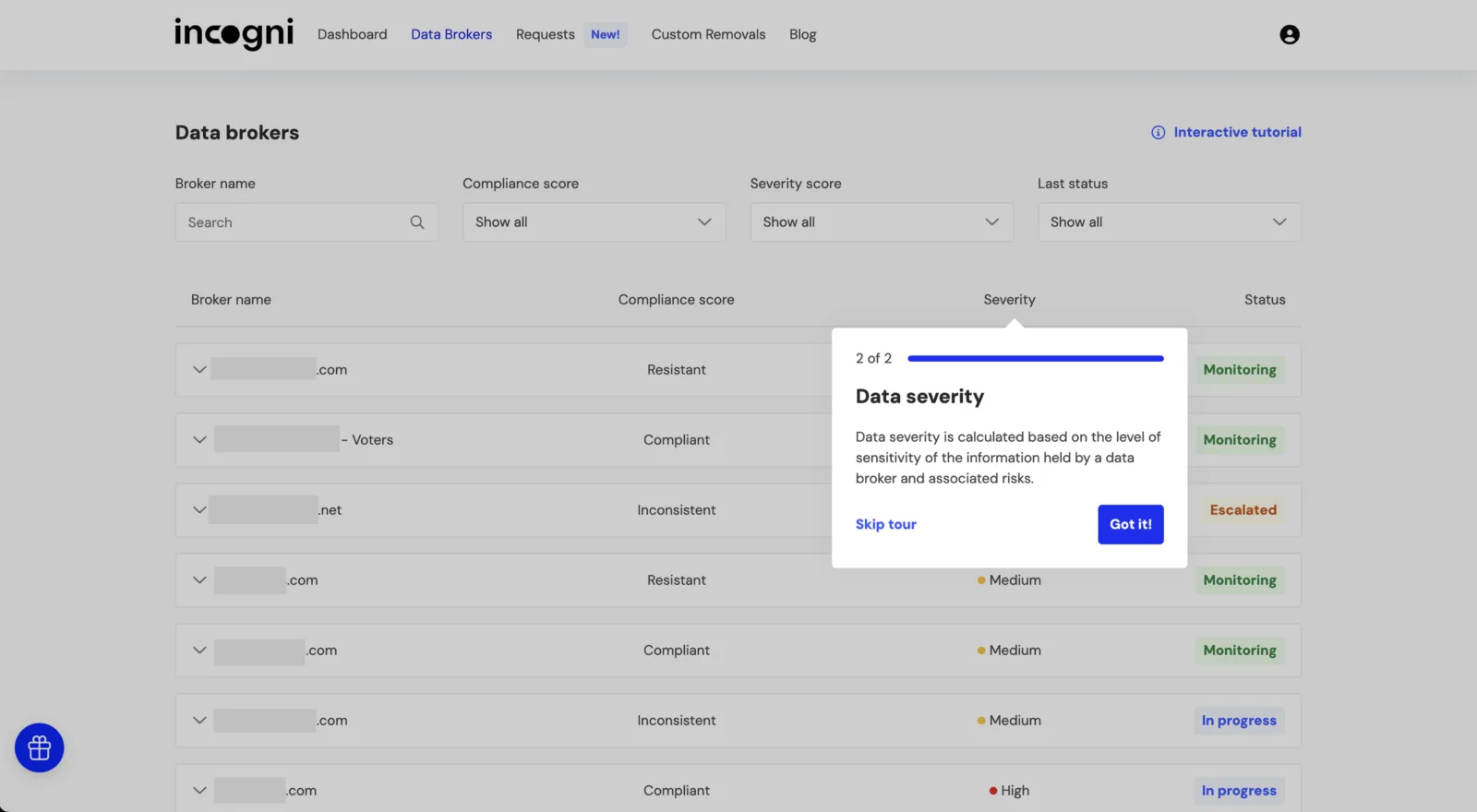
Ease of use affects whether users decide to stick with a tool.
Incogni is designed for minimal intervention. Users report that once setup is done, it runs on its own, and you can forget it. It’s praised for onboarding simplicity.
Incogni has a less mobile-centric support and it also lacks a dedicated mobile app in some regions and has no iOS app.
Optery, on the other hand, focuses on visibility and control. Users can see exactly the profiles that were found, and intervene if needed.
Its support is more responsive in interactive channels, while the interface leans more toward letting users verify and compare results.
If you prefer to avoid day-to-day decisions, Incogni’s hands-off design seems appealing. If you like to verify each action, Optery may feel more satisfying.
Pros and cons
Here’s a quick view of what you gain and what you might have to give up with each provider.
Incogni
| Pros | Cons |
| Full automation of removal and renewal cycles | Less granular public proof per removal |
| Deeper coverage of both public and private data brokers | No free plan/scanning before purchase |
| Independently assured by Deloitte | In some markets, fewer mobile-specific support options |
| Predictable pricing and baseline features |
Optery
| Pros | Cons |
| Strong visibility with screenshots and profile links | Full coverage requires higher-tier plans |
| Flexible plan structure and entry-level options | No known independent verification of the process |
| Transparent reporting for each discovered item | The hybrid model demands more involvement from you |
Who each service is best for
| If you’re someone who… | Choose Incogni if… | Choose Optery if… |
| Prioritizes automation vs. control | You want a true “set-it-and-forget-it” system with minimal involvement | You prefer visibility and hands-on control over the removal process |
| Concerned about both visible and invisible data | You want deeper protection across both public and private brokers | You mostly care about removal from public people-search sites |
| Wants clear evidence of removals | You just need dashboard tracking and third-party verification | You prefer screenshots and direct links to each discovered profile |
| Has specific budget considerations | You want predictable pricing with all brokers covered in every plan | You want flexible options including a free tier |
Final verdict: Which one should you pick?
Both Incogni and Optery try to solve the same problem for you: take your personal information out of data brokers’ hands and keep it that way.
The difference lies in how they do it and how much work you want to put in.
Optery appeals to people who want to know what’s happening under the hood. Its reports, screenshots, and links make the process as transparent and interactive as possible here.
If you like to stay informed and confirm every step yourself, this visibility can be reassuring.
Incogni, conversely, goes for scale and simplicity. It automates the heavy lifting across hundreds of both public and private brokers, resends requests on schedule, and backs its performance with an independent Deloitte assessment.
This way, you don’t have to worry about tracking links or checking deadlines – it just works in the background.
Want to see how Incogni compares to other players in the field? Visit our guide to the best data broker removal services, where we review Optery, Incogni, and more.
In short:
- Choose Optery if you seek hands-on control.
- Choose Incogni if you value lasting protection, high automation, and verified accountability.
For most people, the convenience and depth of coverage make Incogni the more practical long-term privacy partner. It’s the closest you can get to truly set-and-forget effective data protection.
Incogni offers fully automated personal data removal from 420+ data brokers, uniquely targeting both public and private sources that drive spam, profiling, and identity fraud. The service handles everything from initial removal requests to ongoing monitoring.

